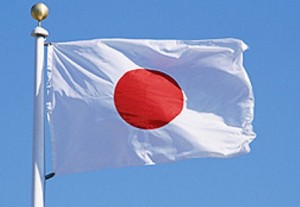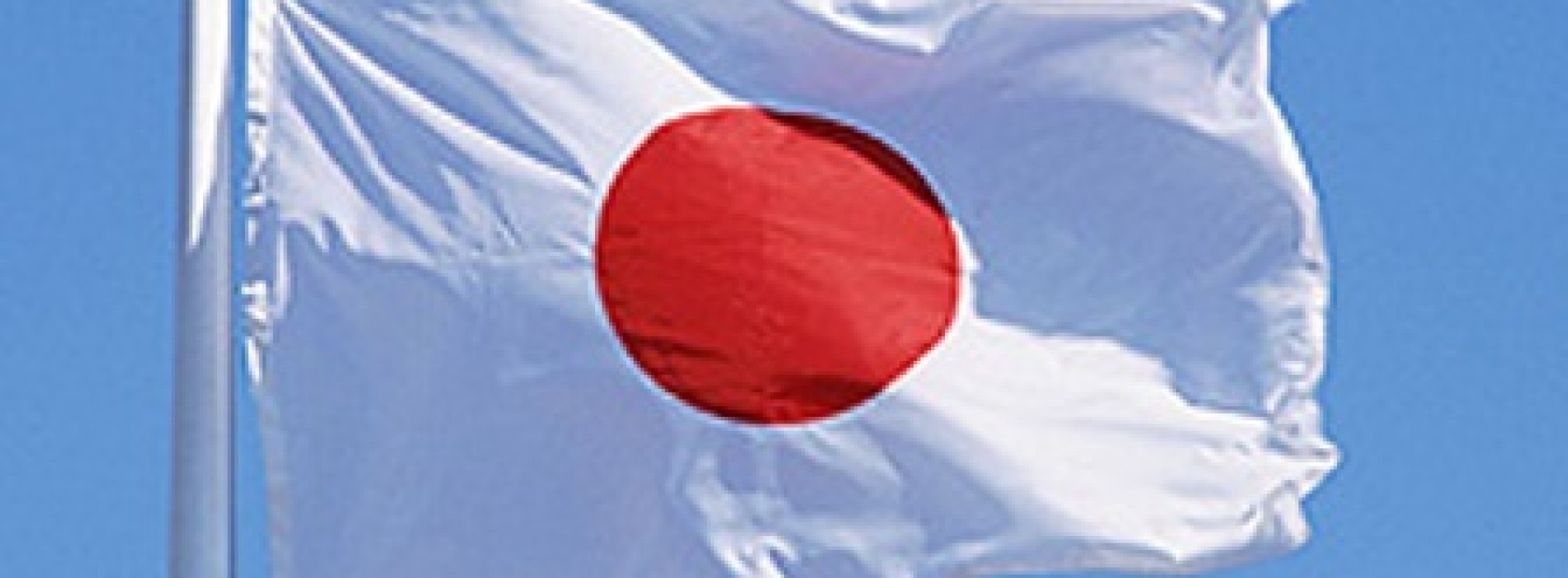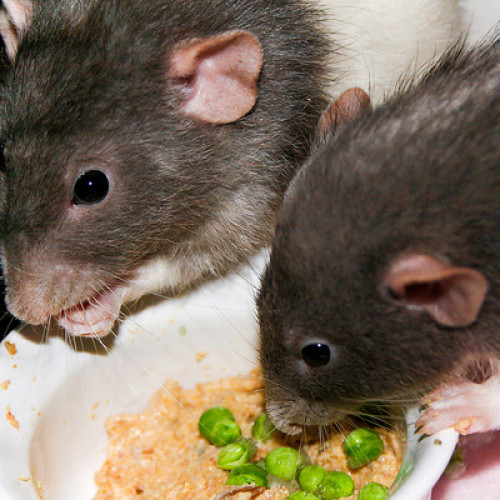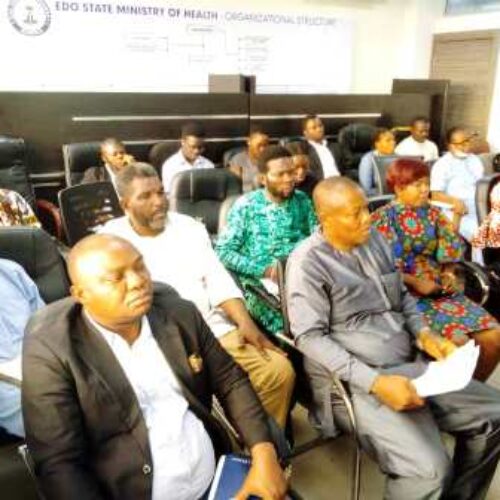Japan earmarks N1.4bn for UNICEF to address life-saving emergency in North-East

The government of Japan has extended a grant of US$4.5 million, (1.4 billion naira) to the United Nations Children’s Fund, UNICEF, for the provision of life-saving emergency aid to people affected and displaced by insurgency in the North-East.
The grant will cover assistance in the provision of water, sanitation and hygiene facilities, health, nutrition, child protection services and education, said a statement made available to NHO recently by Media and External Relations Consultant to UNICEF, Geoffrey Njoku.
The release furthered that the grant would focus primarily on assistance for children, with special attention given to populations trying to return to where they lived before they were forced to flee the crises.
“The seven years of conflict in North-East Nigeria, especially in the states of Borno, Yobe and Adamawa, have caused massive human suffering, with children and women bearing the brunt of the difficulties. The conflict has triggered major population movements, with most recent estimates of people displaced by the conflict in the four most severely-affected states at over 1.7 million – more than half of whom are children,” UNICEF noted in the statement.
The release quoted UNICEF Representative in Nigeria, Jean Gough, as saying: “The people of Japan are strong supporters of UNICEF’s work to help children and women. This generous grant will help to make a tangible difference in the lives of children who have suffered so much. It will help them to recover physically and psychologically so that they can be children, can go to school and have a brighter future.”
UNICEF noted that through similar grant last year from Japan, it was able to boost primary health care services for people affected by the conflict in more than 100 health facilities in Borno, Adamawa and Yobe states, in conjunction with its partners.
It stressed that funding from the Asian country provided more than 65,000 people with clean water and more than 25,000 people with access to safe sanitation. Education, it maintained, was improved through creation of temporary learning spaces for children in camps for the displaced, while malnourished children were provided with life-saving treatment.
UNICEF also informed that special support had been given to children who had been separated from their families by the conflict, while traumatized children had been given psycho-social support.
Japan’s Ambassador to Nigeria, Sadanobu Kusaoke, was also quoted in the release as saying “The Government of Japan believes that primary education, health and nutrition are some of the basic rights of every child anywhere in the world and in this regard, Japan has and will continue to make efforts to ensure that no child is denied these basic rights, no matter the situation.”
“Since 2000, the government of Japan has been a major donor supporting child survival activities, prevention of infectious diseases in children and emergency assistance in Nigeria, through the UNICEF/Federal Government of Nigeria Programme of Cooperation,” UNICEF said.
About author
You might also like
Lassa fever kills doctor in Rivers state
As the number of death increase from the ravaging Lassa fever outbreak in the country, a medical doctor with Rivers State-owned Braithwaite Memorial Specialist Hospital, BMH, Dr. Livy Ijamala, has
Edo moves to domesticate National Health Act
In line with Governor Godwin Obaseki’s pledge to domesticate the National Health Act (NHAct) in his efforts to improve health care delivery in Edo State, the State Ministry of Health,
Nigeria’s malaria cases on the rise
• as global incidence falls ABUJA – The Federal Government has expressed concerns over the rising cases of malaria between 2017 and 2018 in Nigeria. This comes at a time






0 Comments
No Comments Yet!
You can be first to comment this post!